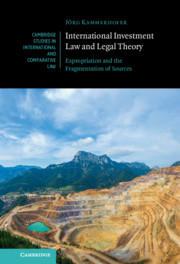While today a significant stream of European scholarship of international law is concerned with the process and consequences of its constitutionalization, criticism of this trend has so far been muted. This article, using elements of the Pure Theory of Law, argues that constitutionalist writings confound methodologies, that scholarship claims competencies which it does not have, and that this confusion diminishes the benefits of the constitutionalist project for international law. The key problem is called a ‘methodological circle’: scholars call something a constitution and in effect claim that the law is changed by this classification. Thus constitutionalism relies on the natural law concept of practical reason; constitutionalism is, in turn, vulnerable to Kelsen's arguments against practical reason. Constitutionalism, like practical reason before it, contains an impossible admixture of the human faculties of will and cognition. The general critique is followed by a look at Article 2(6) of the UN Charter as a case in point. Here constitutionalism shows how law is purportedly changed by taxonomy. The article concludes by taking a look at an alternative vision of the constitution of international law: the rediscovery of a strictly legal – that is, structural – constitution as the highest echelon of legal regulation.
